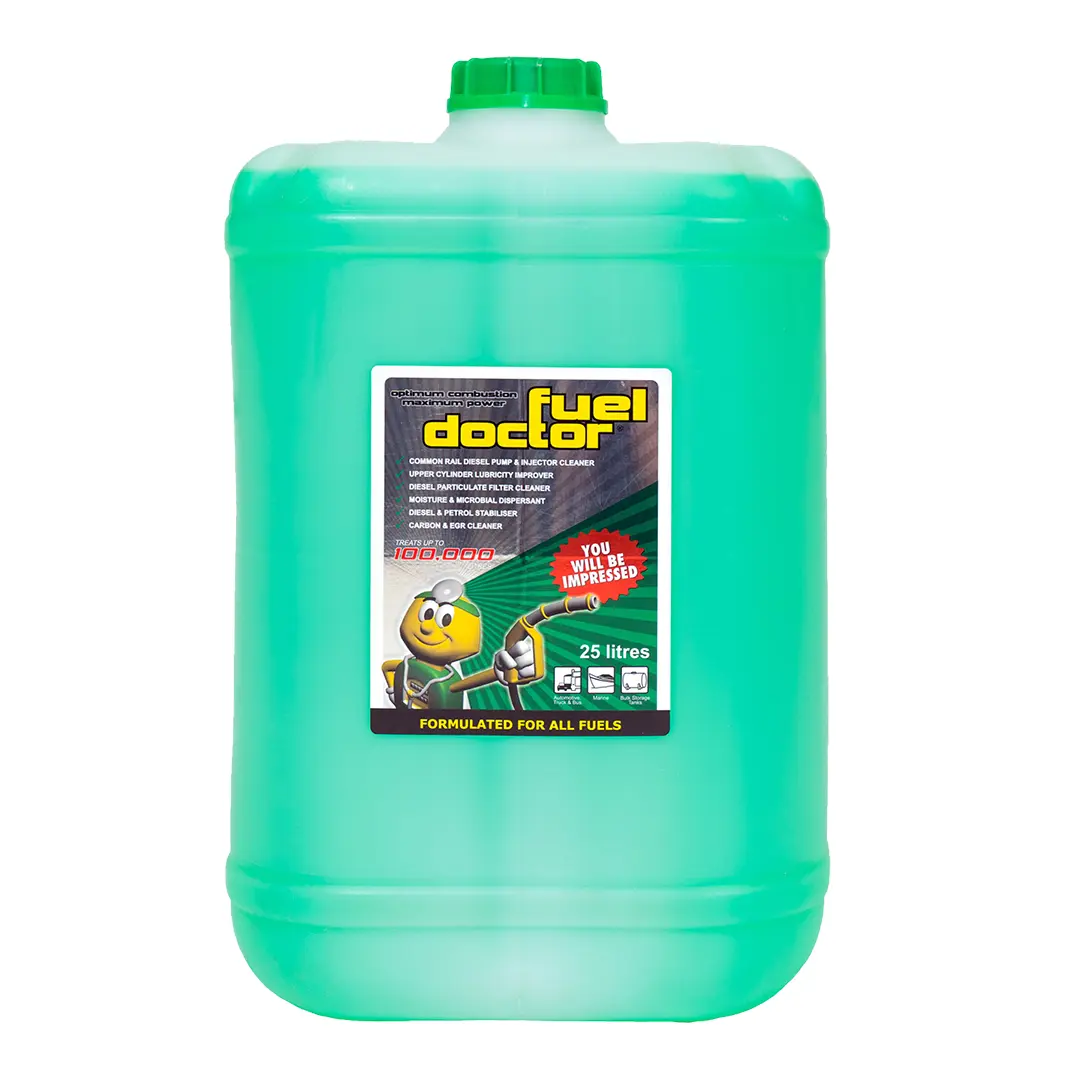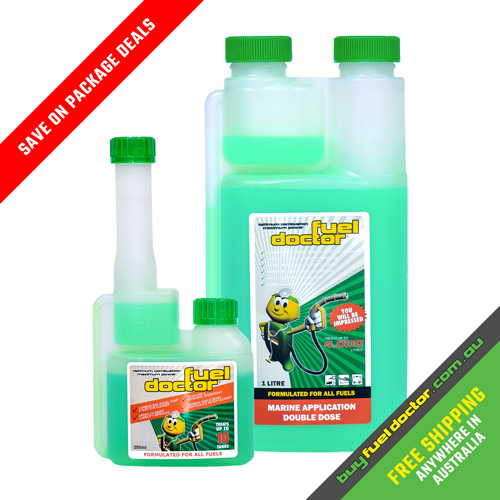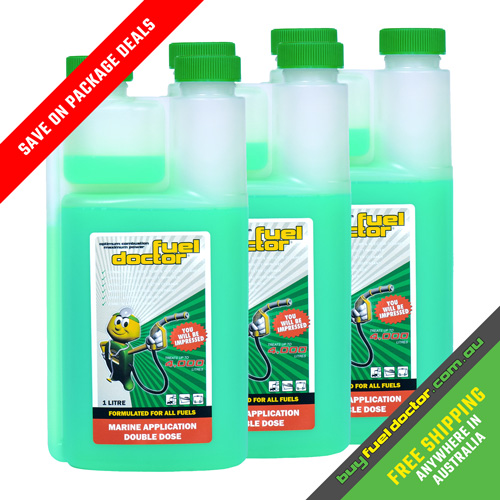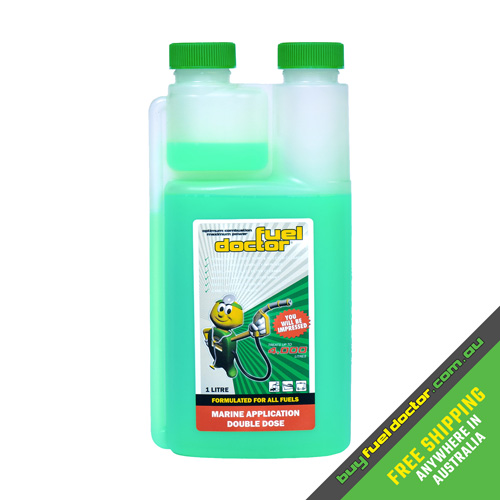The introduction of common rail direct injection in diesel engines has created more opportunities for gum and varnish deposits to form and cause problems with fuel flow, injector spray patterns, and fuel atomisation. The higher pressure also makes it more dangerous for water and other microbial contaminants to pass through the system as they can no longer be simply burned off with a hard run of the engine, nor can the engine be de-coked by pouring water into the carburettor, as with older engines. By comparison, common rail direct injection systems will fail if exposed to less than a shot glass (30ml) of water.



